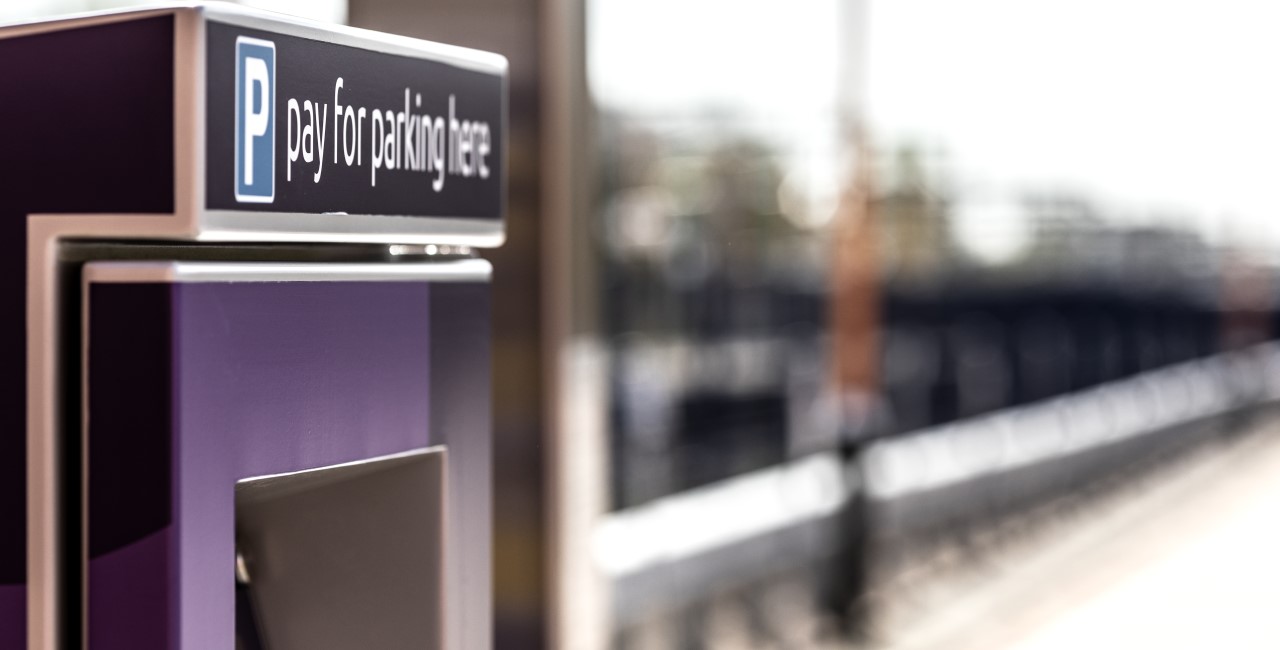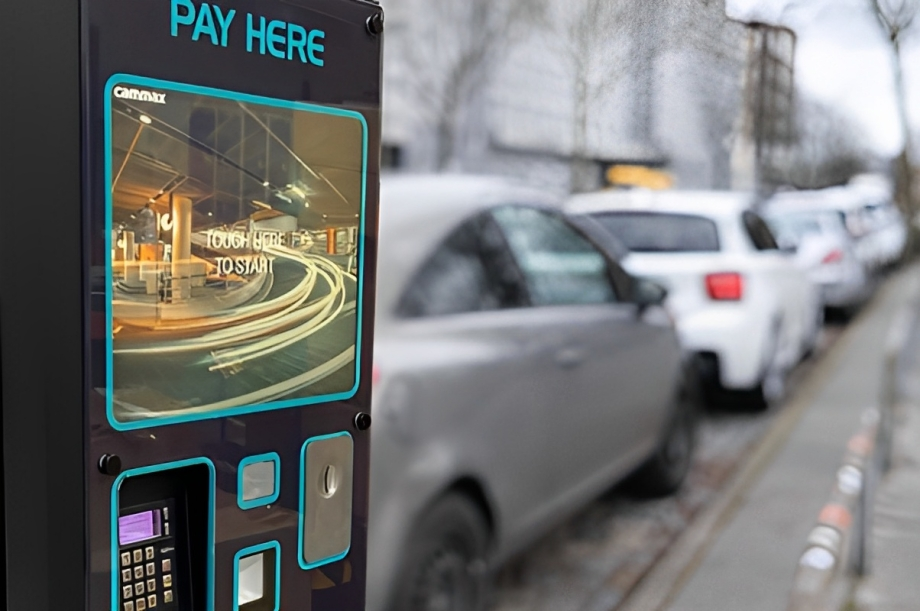
Following a spate of fake QR codes being stuck on payment machines at car parks across the UK, drivers are being warned to exercise extreme caution when using digital payment methods. This alarming trend has seen a significant rise in recent months, with fraudsters exploiting the growing popularity of QR code technology to dupe unsuspecting motorists.
The scam, now dubbed ‘quishing’, involves criminals affixing counterfeit QR codes to parking payment machines. When scanned, these codes direct users to fraudulent websites designed to harvest sensitive information such as credit card details, login credentials, and personal data. The consequences for victims can be severe, with many reporting unauthorised transactions and drained bank accounts.
In recent years, many local councils have transitioned away from cash and card-enabled parking payment machines, moving towards alternative digital options such as ‘PaybyPhone’. While proponents argue that these systems offer greater convenience for motorists, the recent flurry of scams has cast a shadow over their widespread implementation.
Several councils have fallen victim to these schemes, with Bournemouth, Christchurch and Poole (BCP) Council among those issuing urgent warnings to drivers after fraudsters targeted their parking machines. Earlier this summer, fraudsters targeted QR-enabled ticket machines in Sandbanks, Branksome Dene and Bournemouth Town Centre.
Just last week, Leicester City Council also issued strong advice to drivers after payment machines in multiple locations across the city centre and Westcotes area were targeted.
Simon Williams, head of policy at the RAC, expressed his concern about the worrying trend: “A car park is one of the last places where you’d expect to be caught out by online fraud. Unfortunately, the increasing popularity and ease of using QR codes appears to have made drivers more vulnerable to malicious scammers. For some, this sadly means a Quick Response code could in fact be a ‘quick route’ to losing money.”

Adding to the misery for caught-out motorists, many have received parking fines and charges because they haven’t legitimately paid for their parking. Mr Williams highlighted this unfortunate consequence, stating, “As if this quishing scam isn’t nasty enough, it can also lead to drivers being caught out twice if they don’t realise they haven’t paid for parking and end up getting a hefty fine from the council.”
In response to the growing threat, local authorities across the UK are taking action. Civil enforcement officers are being instructed to remove any unauthorised notices they encounter, while councils are leveraging social media platforms to alert the public about the dangers of fake QR codes.
Trading Standards have also urged motorists to stay alert and only use official sources to prevent giving away their payment details. To ensure that people avoid being taken advantage of from scams like this, drivers are strongly advised to only use the official parking apps, which are available for download from trusted sources such as the iOS App Store or Google Play Store.
The worrying quishing scam is just the latest in a series of controversies surrounding parking payment apps in the UK. Earlier this year, RingGo faced criticism after drivers reported being charged higher fees compared to traditional payment methods. An investigation by MailOnline revealed a striking example in Bicester, Oxfordshire, where motorists using RingGo were charged £2 for an hour-long parking slot on Market Square, while the advertised council price was £1.70. The 30p discrepancy was attributed to a 20p “convenience fee” and a 10p text message “reminder charge”, sparking widespread criticism of the app’s hidden fees and unexpected charges.
Further, the shift towards digital-only payment options has raised concerns about accessibility, particularly for elderly drivers who may not own or feel comfortable using smartphones. Caroline Abrams, director of Age UK, has been vocal in criticising councils that have entirely eliminated cash payment options for parking. Road safety company GEM Motoring Assist has even gone so far as to call the move ‘discriminatory’.
Even tech-savvy motorists have reported frustrations with parking apps, citing issues such as poor mobile signal preventing them from extending their parking time or making initial payments. These challenges can lead to unintended overstays and subsequent fines, causing further distress for drivers.

In light of these ongoing issues, there is a growing demand for the return of cash and card-enabled parking payment machines. Mr Williams noted, “Our research with drivers shows that many still prefer to pay with cash. Unfortunately, this option – along with payment machines – are being phased out by lots of councils, which a majority of drivers think is a bad idea. We believe there should always be at least two different means of paying for parking in the event technology fails or the car park is located somewhere with intermittent phone signal.”
The British Parking Association (BPA) has also weighed in on the matter, strongly advising councils and car park operators to avoid offering solely digital payment options. Instead, the association advocates for providing motorists with a diverse range of payment choices to minimise the risk of online or phone-based scams.